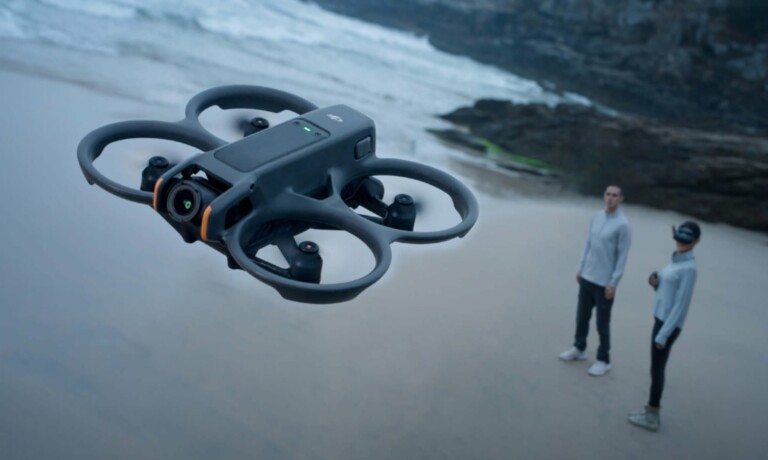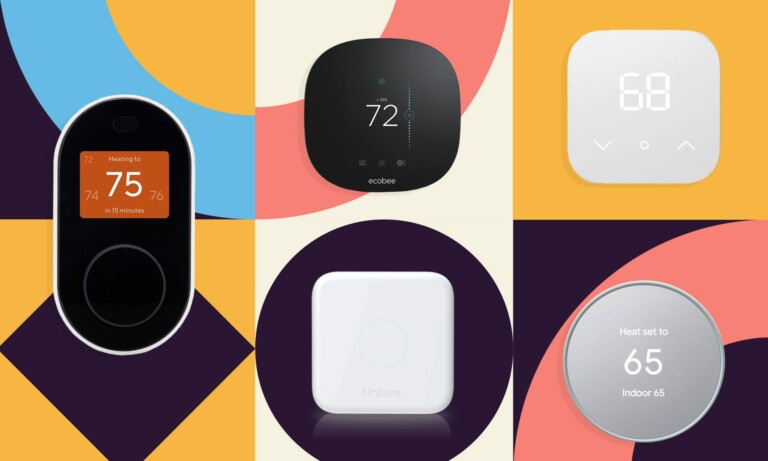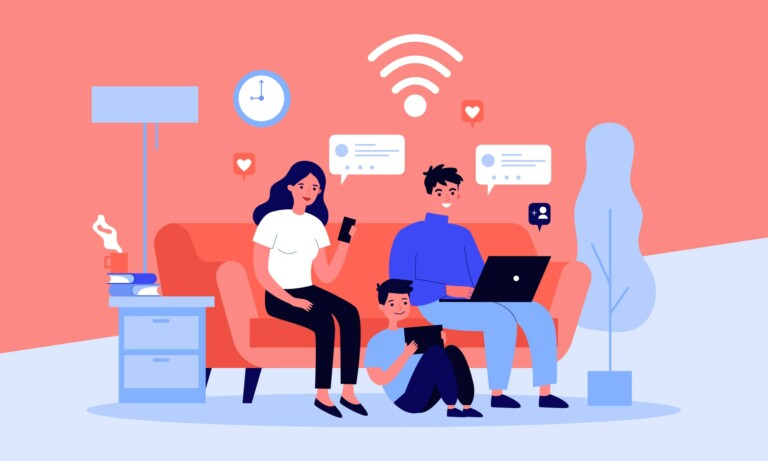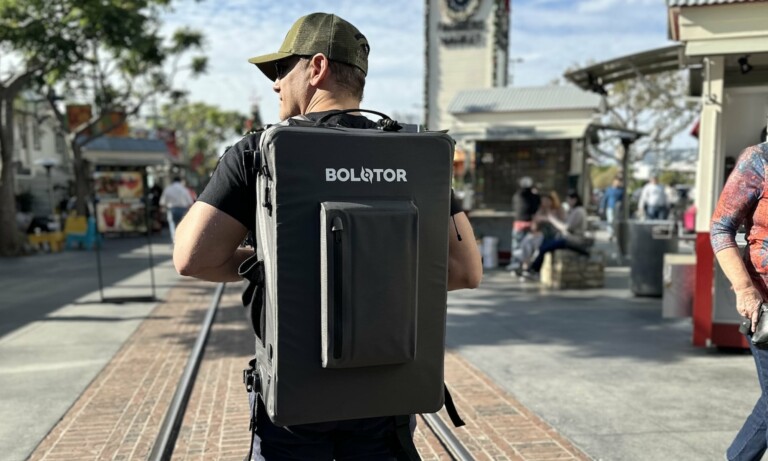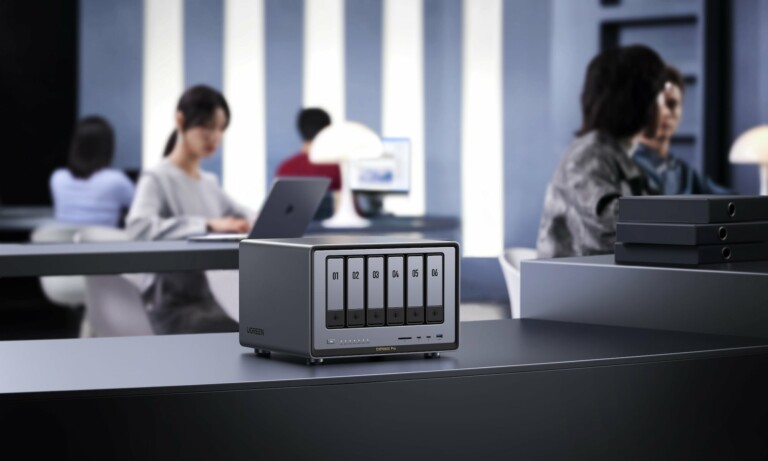10 Facts you need to know about data security
As we surround ourselves with more technology, it's becoming even more crucial to secure your data. Data breaches happen every now and then. Before you know it, your information will already be leaked. So what do you need to know and do to stay safe from data breaches? These 10 facts about data security will help you do just that.

Are you discreet? If you answered yes, you forgot that you use a mobile phone, tablet, and computer—and that you are a gadget fan. We buy gizmos because they make our lives easier. And the thrill of ripping the packaging of a brand-new, state-of-the-art, gorgeous gadget is just about the most fun you can have by yourself.
As savvy tech and gadget users, we vaguely understand that our gizmos are IP-equipped endpoints—little mini radios—that send and receive data all day, every day. We’ve been assured that the information is used to improve products and customer satisfaction.
While the data is meant to be used in a beneficial way and most gadget companies are certainly not evil, we gadget-lovers have a blind spot about the implications of all this data collection.
It’s easy to underestimate this incremental outpouring of data from our growing gadget collections because, well, gadgets are fun and convenient. The phrase big data must now be introduced into this conversation. The more the data, the bigger the security problem, so here’s what you must know about the current state of data security in an environment that is growing more hostile to privacy every day.

Data security breach
1. Your data is a part of big data.
Big data is big because there is so much of it. The billions of internet-capable electronic devices out there (including our dearly beloved gizmos) generate a tremendous amount of information. And some of the data that is sent around is highly personal if not downright intimate.
Why should this concern you, a confirmed gadget addict? Because your data heads straight to an unrelated, separate, billion-dollar industry. The data warehousing and analysis industry exist to make sense of this immense amount of data.
2. Information is a commodity that is sold.
We splatter great hunks of information on the internet while going about our lives. Facebook and Google are two of the largest aggregators of information. They use it to personalize your experience with targeted advertisements that their advertisers pay for.
Let’s say that these two mammoth tech companies stick to the rules and don’t sell our stuff. We still have to deal with opportunistic employees in sensitive positions, data interceptions, accidental data spills, and hackers.
3. Any information has value.
In the good old days, data breaches involved mostly usernames and passwords from single entities such as a website. This information was mostly sold to fellow hackers who could, on an individual basis, laboriously gain access to your other accounts until they reached the information they could use. Compared to what hackers can steal today, those actions seem like just a little bit of mischief.
The target for data theft nowadays is big data, which is continuously gathered from our phones, computers, tablets, vehicles, fridges, and other devices that are connected to the internet.
4. You don’t know exactly where your data goes.
A smart device generates surprisingly large amounts of data that is aggregated with similar data and analyzed for trends. These blips that consistently show up in masses of data are used to improve performance and serve you better. That’s a good thing, and us gadgety types are all about improvement, right? So far, so good.
Corporate gadget manufacturers are increasingly moving to cloud computing, which means they use off-site data centers for storage and analysis. Data analysis requires massive processing power. Therefore, these large amounts of data are distributed across several tiers, where sensitive or high-priority data may be kept separate or less accessible.
5. There are security dangers for your data.
Big data storage architecture is designed around the use of separate cross-system frameworks to accommodate the huge processing jobs required for fast analysis. Unfortunately, there are risks with these frameworks.
- Some sectors, types of databases, or data storage hardware may be more prone to hacking than others.
- Criminals may exploit system vulnerabilities.
- Out-of-date software can allow an attacker to sneak malware onto a server or computer.
- Inexperienced data center personnel may use weak passwords or respond to phishing.
Privileged users and insiders can also abuse network privileges to obtain sensitive information without raising the alert, therefore they are thoroughly vetted and closely monitored to ensure they don’t become internal security threats.

How to deal with data security
6. Data breaches are not always disclosed.
The majority of retailers, banks, gaming platforms, and social networks have been or will be breached. Many disclose instances of very large data breaches such as the breach of three billion Yahoo accounts in 2017.
However, some companies are reluctantly forced to admit to data breaches when the evidence mounts. In the majority of cases, breaches are detected or acknowledged only once the data appears on the black market, where it can be snapped up by anyone.
7. You have some control.
It won’t be long before the next big data breach comes along. Breaches just keep growing in scale. A single breach at a data broker could expose millions of users’ most intimate data to bad actors. This is just what happened to Equifax in 2017. Do these things to be more aware of what happens to your data.
- Educate yourself. Users who are becoming more aware of privacy concerns are starting to ask questions and educate themselves about the security of the information chain. Users want to know where their data is sent, and they want to know what it is being used for. They will soon refuse to be fobbed off with a cookie-cutter privacy statement that isn’t worth the pixels or paper it’s written on.
- Ask retailers why they need so much data. Why do retailers need to know so much about you, and why do they store so much information about their clients? Could they be selling your data on the side or exchanging it with business partners in a quid pro quo situation? On the flip side, companies should ask themselves why they need to work with such large data sets and should be able to justify why they need to store a particular piece of information.
- Verify your data is secure. Go beyond the vague assurance that your information is safe. Ask companies whether they have a data security policy or schedule. Do they stipulate the level of security they expect from their contracted data center and analysis companies? Do they require data centers to disclose breaches, and what are the penalties for negligence?
- Petition for privacy laws and data security regulations. Companies should be required to prove that they take substantial, adequate measures to protect your data. Companies should be mandated to monitor the data in their care, to disclose breaches immediately, and to accept responsibility for the long-term consequences of data breaches.
8. Some gadgets are more secure than others.
While it’s a bit much to give up our gadgets, we can still do a lot to regain our everyday privacy. On the plus side, there are a plethora of gadgets to stop random privacy leaks from our homes and our other gadgets. There are also plenty of privacy tips about how to protect our privacy when we use the internet, popular apps, and platforms. The less we give away, the less there is to be concerned about.
9. You can actively monitor your online profile.
Your data gets out and about. Hundreds of information brokers eagerly wait in the wings to buy, sell, aggregate, distribute, and barter your data to other companies that use it to sell you stuff.
The internet is littered with random personal information. Much of it is publicly available and can be freely collected by legal means. We contribute when we use social media, dating apps, and online tools. The information can be collated by anyone with the patience and inclination to do a little digging. Even though some tidbits may be harder to find, your choice of cars and underwear can be discovered somewhere in the hazy corners of the internet.
Data aggregators perform a valuable function with their ability to tease out and combine this spread-out mass of information. They can classify seemingly unrelated bits of data and use it to construct useful reports with varying depth and detail about people you need to know more about.
10. You can get a personalized privacy report.
Request a full personal profile from Nuwber. If you find the extent of the report jaw-dropping, you’ll understand how much of your privacy you have already given up.
Make friends with your online profile, because it’s yours for life. Deleting your profile won’t delete the information from the internet. Consider using it as a tool to measure an increase or decrease in your online exposure. If you spot information that was supposed to be kept confidential, you’ll probably know who to hold accountable.


